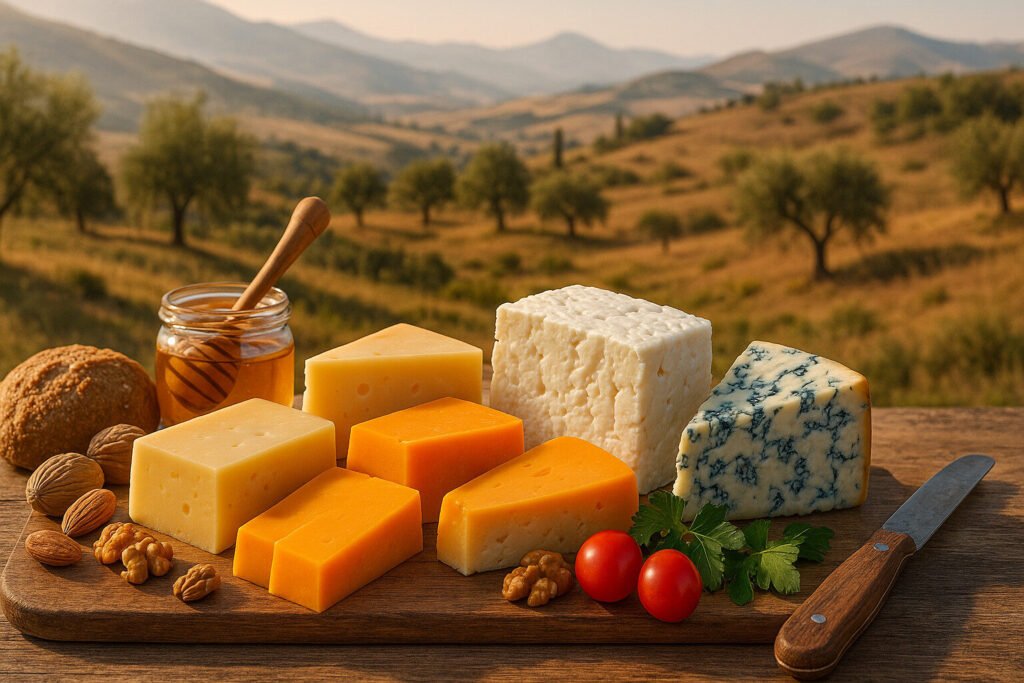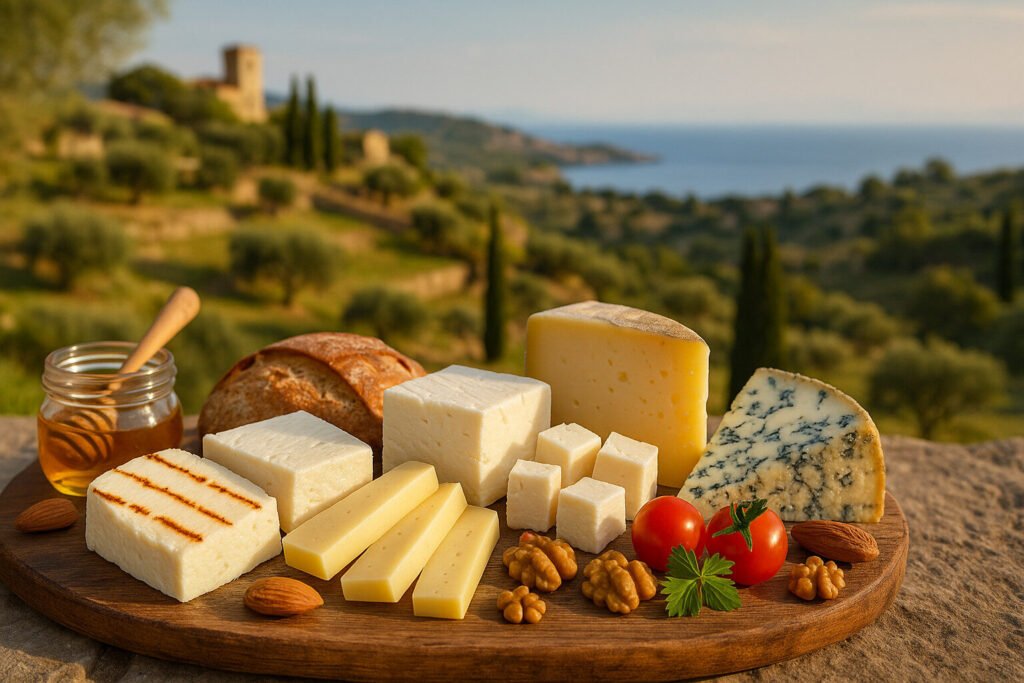Cheese Of Syria
Syrian Cheese Definition and Scope
Syrian cheese refers to dairy products traditionally made within Syria’s borders, often using sheep’s or goat’s milk. These cheeses form a distinct category within Middle Eastern dairy traditions, characterized by specific brining and aging methods. The scope includes fresh varieties like Jibneh Arabieh alongside aged types such as Shanklish.
Production typically follows artisanal methods passed through generations, though modern dairies now exist. Key defining techniques involve brining in saltwater solutions and sometimes drying cheeses in the sun. This creates preservation methods suitable for the region’s climate while developing unique textures.
Syrian Cheese Production Methods
Traditional Syrian cheese production begins with raw or pasteurized milk from local sheep, goats, or cows. The milk undergoes natural fermentation before rennet addition creates curds. Artisans then hand-stretch or press the curds into distinctive shapes like balls or blocks.
Brining represents the most crucial production phase, where cheeses soak in salted whey or brine for weeks. Some varieties undergo additional aging in clay jars or oil preservation. These methods yield cheeses with high salt content and extended shelf life characteristic of the region.
Sensory Profile of Syrian Cheeses
Syrian cheeses typically present salty, tangy flavor profiles with pronounced acidity. Texture ranges from semi-soft and elastic in fresh cheeses to crumbly and granular in aged varieties. Many develop earthy, fungal notes when aged in animal skins or clay containers.
The brining process creates a characteristic salty rind and firm texture. Aged versions like Shanklish develop sharp, pungent aromas from thyme coating and fermentation. Color varies from snowy white in fresh cheeses to yellowish tones in oil-preserved types.
Culinary Uses of Syrian Cheeses
Syrian cheeses serve essential roles in meze platters, often paired with olives, tomatoes, and flatbreads. Soft varieties like Jibneh Arabieh commonly stuff pastries or garnish salads. Their high salt content makes them ideal for seasoning cooked dishes without additional salt.
Hard, aged cheeses typically grate over traditional dishes like mujaddara or kibbeh. Some varieties preserve in olive oil with herbs for extended storage. Street vendors frequently grill haloumi-style cheeses as quick snacks.
Regional Syrian Cheese Varieties
Coastal regions produce brined white cheeses like Surke, made from sheep’s milk. The Aleppo region specializes in Shanklish, aged balls coated with thyme and chili. Damascus is known for Jibneh Baida, a semi-soft brined cheese used in pastries.
Bedouin communities create Aqawi, a semi-hard cheese stored in animal skins. The Hauran plateau produces Baladi goats milk cheeses with distinctive herb infusions. These regional variations demonstrate adaptation to local climates and cultural preferences.


